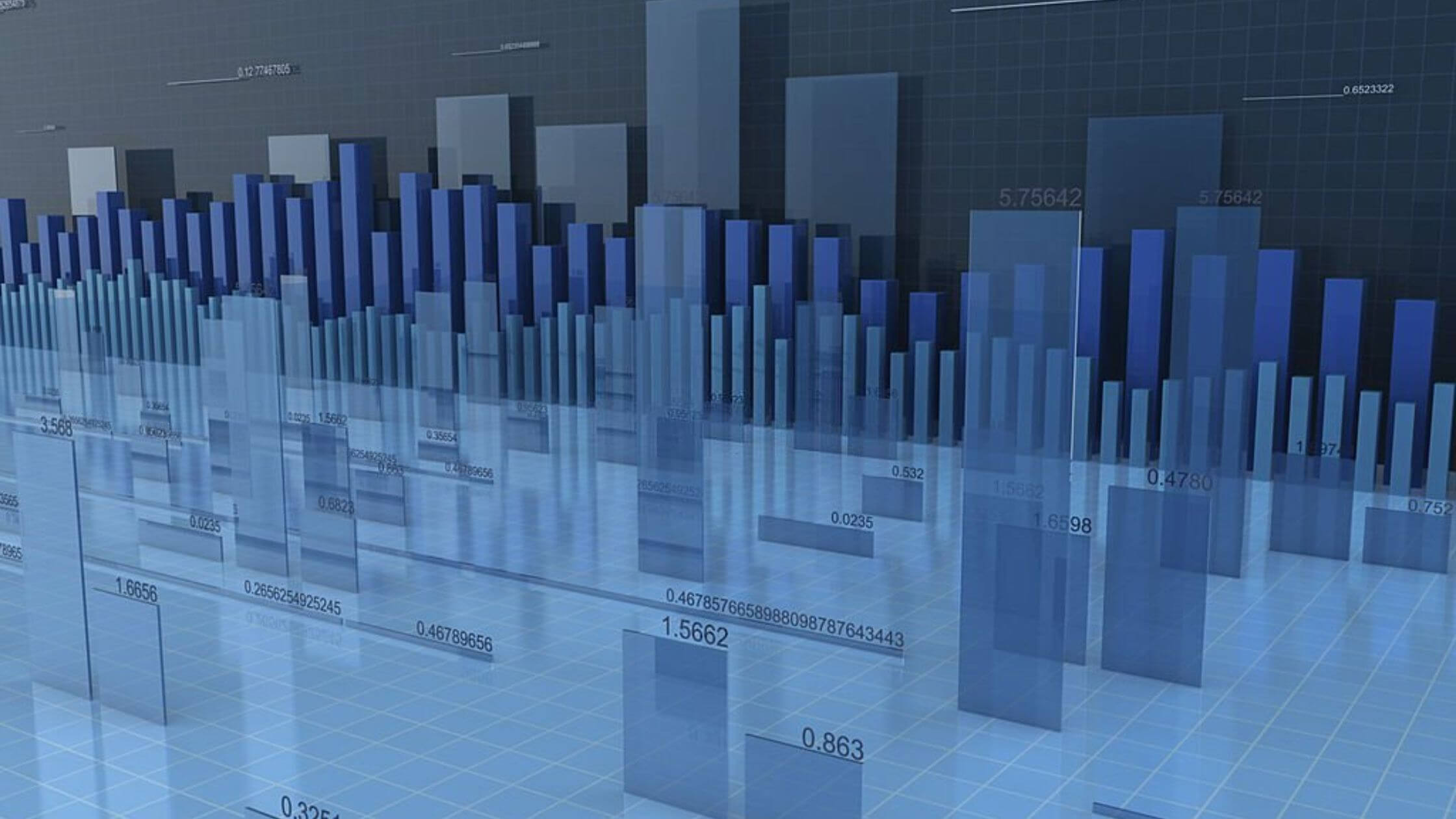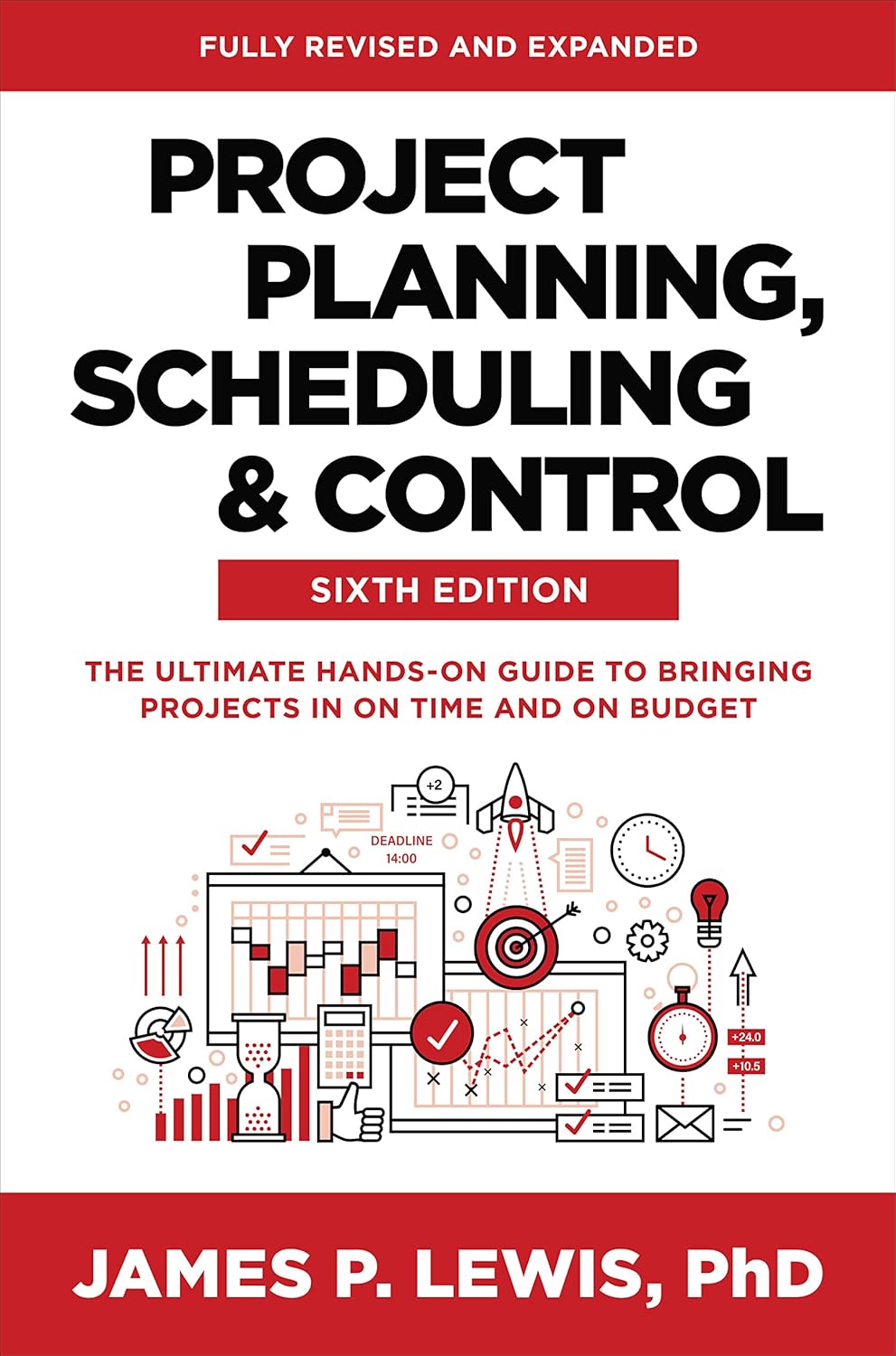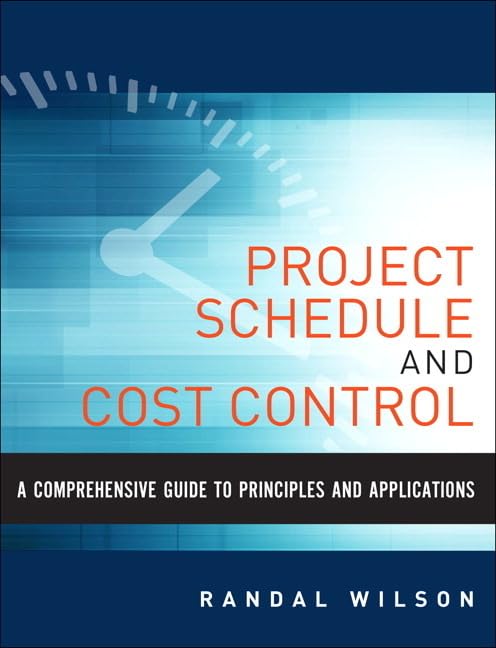
Start Date
What is the Start Date?
The start date is the scheduled or actual day when work on a project, task, or phase begins. It is a key component of project scheduling and planning, as it sets the timeline for project execution. Project managers use this date to coordinate team efforts, allocate resources, and monitor progress from the outset. In many project management tools, this date is linked with the end date to calculate task duration and monitor timelines. Changes in scope, resources, or constraints may necessitate adjustments to the start date despite setting it early in the planning phase.
Key Points
- The start date marks the official beginning of a project or task.
- It is usually determined during the planning phase and documented in the project schedule.
- A confirmed start date enables alignment across teams, stakeholders, and resources.
- Changes to the start date can affect the entire project timeline, including deadlines and dependencies.
- Project management software often uses this date to automate timeline calculations and track progress.
Related Terms
- The project schedule includes the start date, end dates, and milestones to map out the full timeline.
- A milestone is a significant event or point in time that may follow a start date to signal progress.
- Task dependencies determine the order in which tasks start or finish in relation to each other.
- Task start dates influence a critical path, as any delay in critical tasks affects the project’s completion.
- The project plan incorporates the start date as a baseline for tracking execution and changes over time.
Start Date: Example
A project manager plans to develop a new mobile app on April 1. After identifying all requirements and allocating team members, the project schedule sets that date as the official start date. The development team begins initial coding that day, and progress tracking begins that day. If any tasks cause delays before April 1, the manager may need to revise the start date and adjust the timeline.
Start Date: Best Practices
- Confirm all resources, approvals, and task readiness before setting a final start date.
- Communicate the confirmed date to all stakeholders and team members.
- Use project management software to link start dates with task dependencies.
- Monitor for changes requiring revising the start date and update the schedule accordingly.
- Treat the start date as a baseline for tracking project execution and measuring delays.
Additional Resources
Preparing for a PMI certification?
- Exam Prep Courses: PMP®, CAPM®, and PMI-ACP®
- Exam Simulators: PMP®, CAPM®, PMI-ACP®, PMI-PBA®, PMI-RMP®, PMI-SP®, PgMP®, and PfMP®
- Professional Development Units (PDUs): 15, 30, and 60 PDU Bundles




